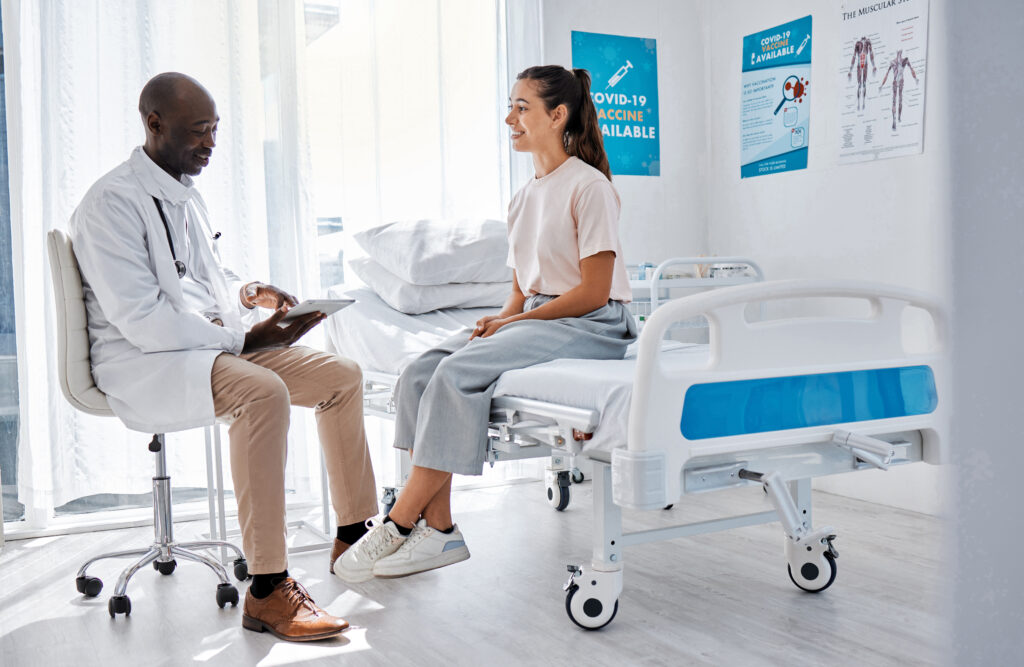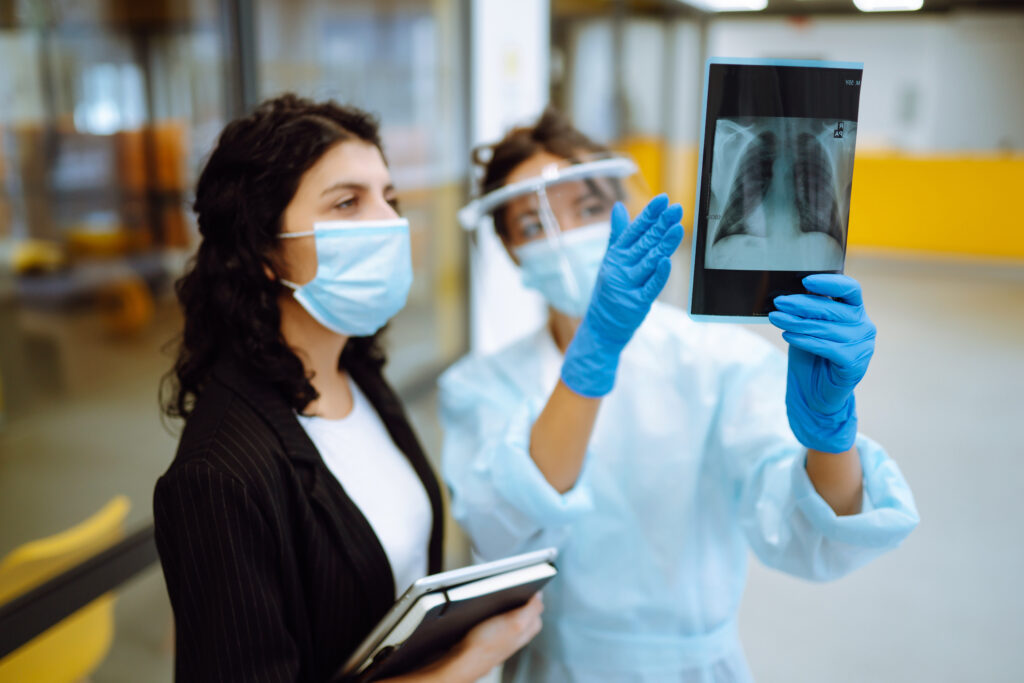- When Phumeza Tisile, now 33, was diagnosed with tuberculosis (TB) in 2010, she didn’t expect to be ill for nearly four years.
- When her antibiotic treatment stopped working, doctors told her she had developed extensively drug-resistant tuberculosis (XDR-TB) — and her chance of survival was small.
- In this #SliceOfLife, Tisile explains how she beat TB despite the odds, but not without a cost: she lost her hearing. #SliceofLife stories are Bhekisisa’s short, first-person accounts of the experiences of some of the people we interview.
“I remember getting sick in 2010, around the time of the Soccer World Cup.
“I was a university student at the time. I did not have symptoms like coughing and sweating [which are typical signs of TB], but I was losing weight dramatically.
“At the campus clinic, the nurse could not find what was wrong with me, so she told me to go see a private doctor.
“The doctor could not find what was wrong with me either. He suggested I get tested for TB.
“The test results came back after three weeks. They were negative.
“I was eventually diagnosed with TB after the doctors did an X-ray of my chest. They found holes in my lungs. I started treatment [with a series of antibiotics] immediately.
“The medicines made no difference.
“The doctors tested me a second time and found that I had multidrug-resistant TB. They explained what it is [a type of TB for which the normal antibiotics don’t work]. I didn’t care. I just wanted to get better.
“The nurses told me I couldn’t go home because I could infect other people.
“I had to start a new treatment course with different antibiotics. After four months of taking these medicines, I woke up one morning and could not hear.
“One of the drugs [that was used to treat my form of TB], kanamycin, can cause deafness. No one had told me this before I started [taking the medicine]. My hearing loss was permanent.”
Kanamycin is given as an injection deep into a muscle, which is painful. The treatment for MDR-TB has since changed and a drug called bedaquiline is now used. Hearing loss is not linked to taking bedaquiline.
“At the time I lost my hearing, I had developed pre-extensively drug-resistant TB (pre-XDR-TB). [This is a forerunner to a form of TB in which very few of the drugs used to treat the disease will still work.]

“I was moved to [a special] ward. Doctors also found an abscess [a pocket full of pus] on my one lung. They cut it away in an operation, but it left me with broken ribs and a collapsed lung.
“After nine more months of treatment, the medication stopped working again. I now had full-blown XDR-TB. My doctors said I had a 20% chance of surviving.
“But there was [a new] drug they could try, they said. It was a medicine called linezolid.
“I had nothing to lose. I could choose between dying slowly without medication or taking a chance on the new drug.
“Nearly four years after I was first diagnosed with TB, I was cured of XDR-TB.”
This week, the United Nations met with civil society, government representatives and researchers to prepare for their annual high-level meeting on tuberculosis. The meeting, which will be held on 22 September, is meant to discuss better ways to fight the disease. Russell Rensburg from the South African activist group TB Advocacy Consortium says he and his colleagues are pushing for six aspects to make it to the table. One is to ask governments to improve how they find, diagnose and treat people with TB.
Voices from civil society groups, such as Tisile and Rensburg, are important in the global anti-TB fight. For example, in March, the Indian government rejected an application from Johnson & Johnson (J&J) to extend their patent on bedaquiline. One of the things that helped the officials reach their decision was a petition Tisile filed with Indian TB activist Nandita Venkatesan in 2019. Bedaquiline is used for treating drug-resistant TB. Without the patent that allows J&J to be the only manufacturer, generic versions can now be made by other pharmaceutical companies — which could mean the medication can sell for much cheaper.
Nicole Ludolph is a health journalist at Bhekisisa.






